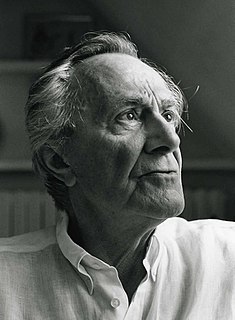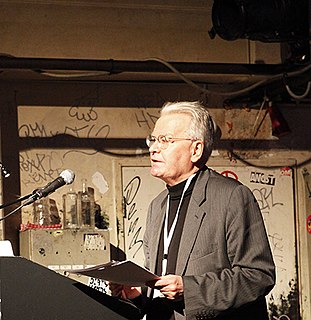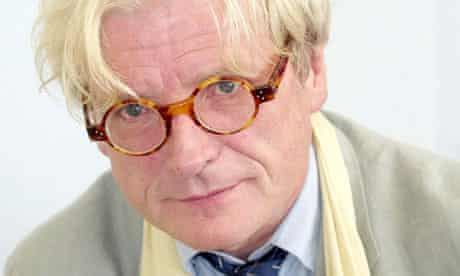A Quote by Miguel Syjuco
Postmodernism was a reaction to modernism. Where modernism was about objectivity, postmodernism was about subjectivity. Where modernism sought a singular truth, postmodernism sought the multiplicity of truths.
Related Quotes
Most of my formal choices are a combination of everything I learned about form - semiotics, linguistics, and the history of style experimentations tethered to literary movements (formalism, deconstruction, modernism, and postmodernism), and the basic principal of breaking every rule I ever learned from a patriarchal writing tradition that never included my body or experience, and thus has nothing to offer me in terms of representation.
Modernism was a big thing for me, coming from a father who was very interested in art, music and culture - and almost always Italian art, music and culture. One good thing about Italians is that culture is part of everyday life. But Modernism is a movement of the past. The idea of a Modernist building as a sculpture set on a pedestal of grass is a part of Modernism that I'm not so crazy about.
Postmodernism is, almost by definition, a transitional cusp of social, cultural, economic and ideological history when modernism's high-minded principles and preoccupations have ceased to function, but before they have been replaced with a totally new system of values. It represents a moment of suspension before the batteries are recharged for the new millennium, an acknowledgment that preceding the future is a strange and hybrid interregnum that might be called the last gasp of the past.
Modernism in a way, early modernism, for instance, in pictures, was turning against perspective and Europe. And all early modernism is actually from out of Europe, when you think of cubism is African, is looking at Africa, Matisse is looking at the arabesque, Oceania. Europe was the optical projection that had become photography, that had become film, that became television and it conquered the world.






































